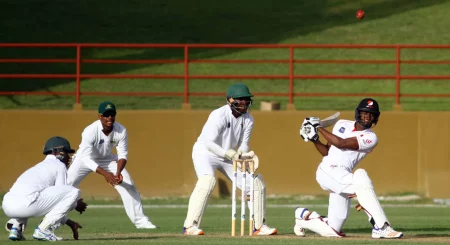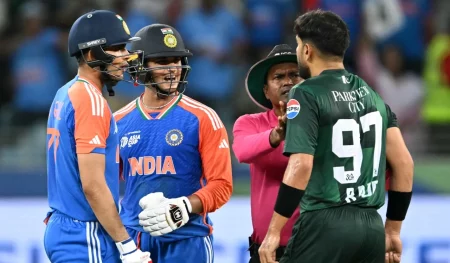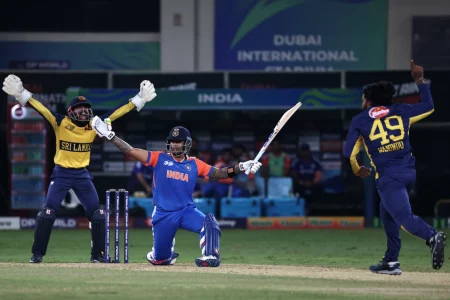England and Wales Cricket Board (ECB) announced a new policy that limits all the centrally and county-contracted players from playing in overseas leagues that clash with the country’s domestic competitions. However, it has stirred plenty of frustration among the players, especially those with freelance red-ball contract provisions, who will be treated the same as all-format contracted players per the new rules.
This means such players, under the new policy, will be bound to be available for their respective counties’ red-ball schedule but will be paid only for the games they feature in. Even those cricketers who are centrally contracted by the ECB but are not in the senior team’s plans will be barred from seeking employment elsewhere by the board.
In addition to this, players have expressed their frustration at the way the policy was announced without consulting the Professional Cricketers’ Association (PCA) or the players before approving the policy. The policy, which has been enacted immediately, could cause the players to face issues with franchise leagues that they already have an agreement with.
“They have gone about it horribly. The strength of feeling is far worse than it could have been because of that,” one player was quoted as saying by The Telegraph.
Around 40-50 affected English players, a majority of whom have represented England at the highest level, have held two meetings with the PCA. While the Association has refused to comment on the matter yet, the players are, reportedly, contemplating boycotting the Hundred next year.
Although it might not be a practical option for such players, given the strong possibility of the pay scale in the Hundred soaring this year, it is unlikely that the Hundred ball tournament will cover all the affected players.
But again, the prospective pay raise factor can not be ignored. While the resentment among the players is palpable now, their resolve might not hold as strongly once the prospective pay raise comes into effect in the next edition. A source told The Telegraph even if a few of these players accept the big bucks the board is likely to offer, the boycott stance will collapse, hurting the players greatly.
“In principle, this is a really strong stance that shows the strength of feeling. The question is if some break ranks, because money talks, and there could be a domino effect.”
Players have another strong argument in their boycott case: the board has tacitly exempted the Indian Premier League (IPL) from the policy. For one, the players deem that this exemption breeds from the board’s own advantage, given the IPL franchises’ reported intent to acquire the stakes of the Hundred teams.
What further complicates the matter is that the IPL will be played at the same time as the Pakistan Super League (PSL) next year, since the latter has been shifted from its usual dates because of the Champions Trophy. Without the policy, the players who are left out of the cash-rich IPL could have made their way to Pakistan, which seems unlikely now. Mostly because the PSL is set to be staged during the same time as the start of the County Championship.
During the meetings, the players presented several examples as to why the policy is intended to affect the players. Some complained about the board’s insistence on forcing the players to play the County Championship instead of the PSL when the domestic performances have hardly ever mandated a place in the team. Just recently, England got Jacob Bethell, who has featured in only 21 First-class games, into the team, which elicited anger among the players.
For now, the PCA is taking legal advice before the association formally goes ahead with the case.



